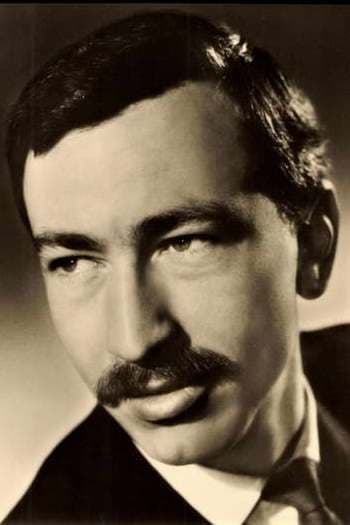
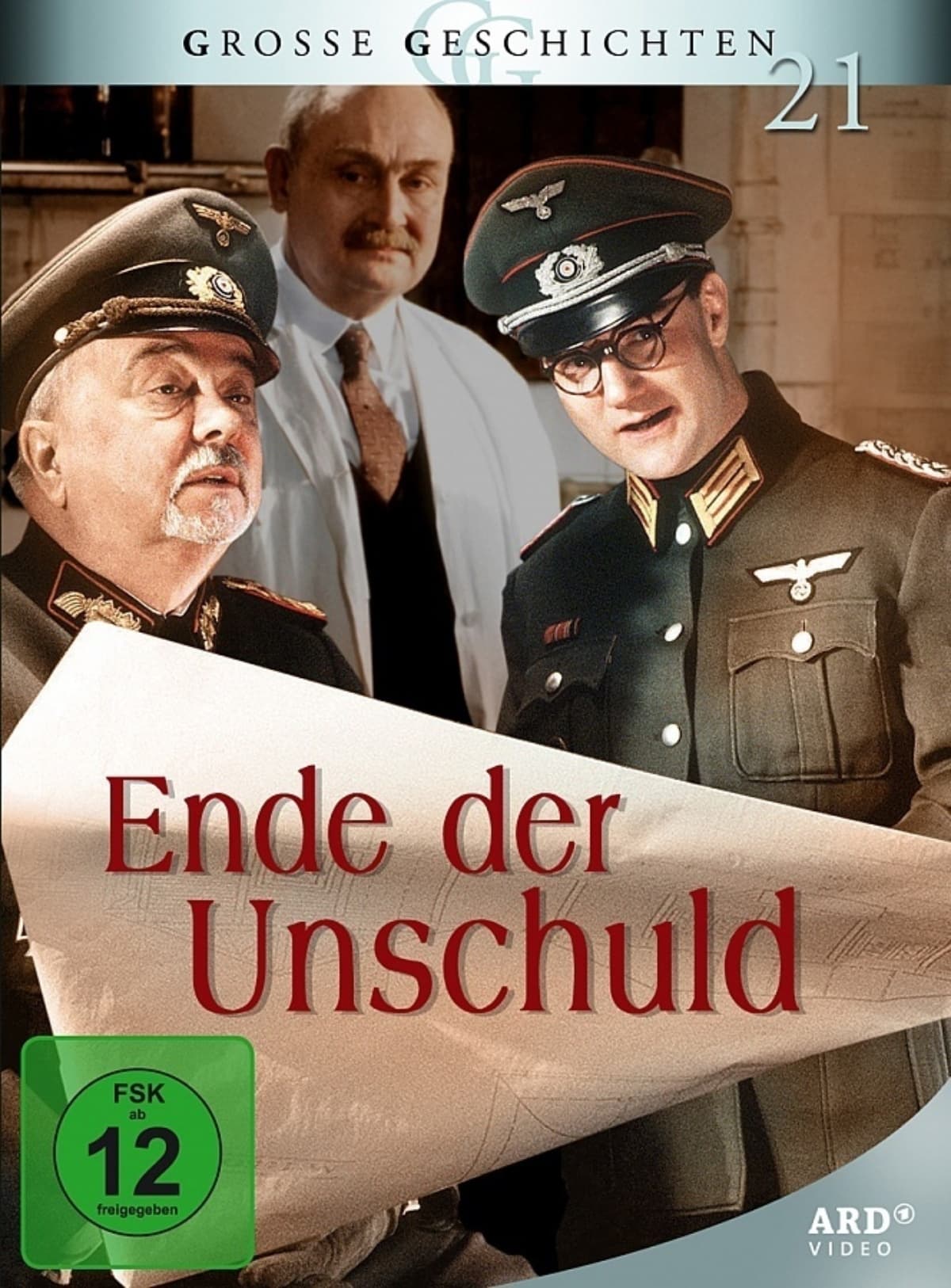
End of Innocence is a two-part television film that focuses on the work of the German Uranium Association during World War II. At Farm Hall in England, the ten German nuclear scientists interned there as part of Operation Epsilon learn of the dropping of the first atomic bomb on Hiroshima in August 1945. In flashbacks, the development of the German uranium project is recapitulated chronologically from the discovery of nuclear fission by Otto Hahn to the work of Kurt Diebner at the Heereswaffenamt to the experiments of the Kaiser Wilhelm Institute for Physics under Werner Heisenberg and Carl Friedrich von Weizsäcker at the Haigerloch research reactor in spring 1945.
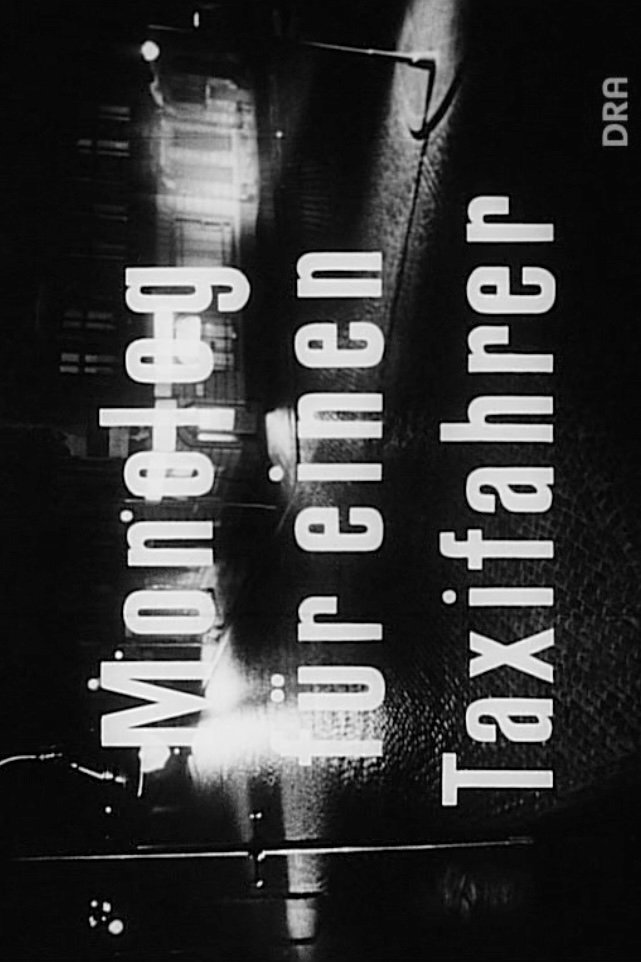
A film about the experiences of a cab driver who drives a young, heavily pregnant woman who has collapsed in a store to hospital. The encounters during the subsequent search for the future father so that he can take the expectant mother's things to the hospital are shown. The GDR leadership argued that the film should be banned.
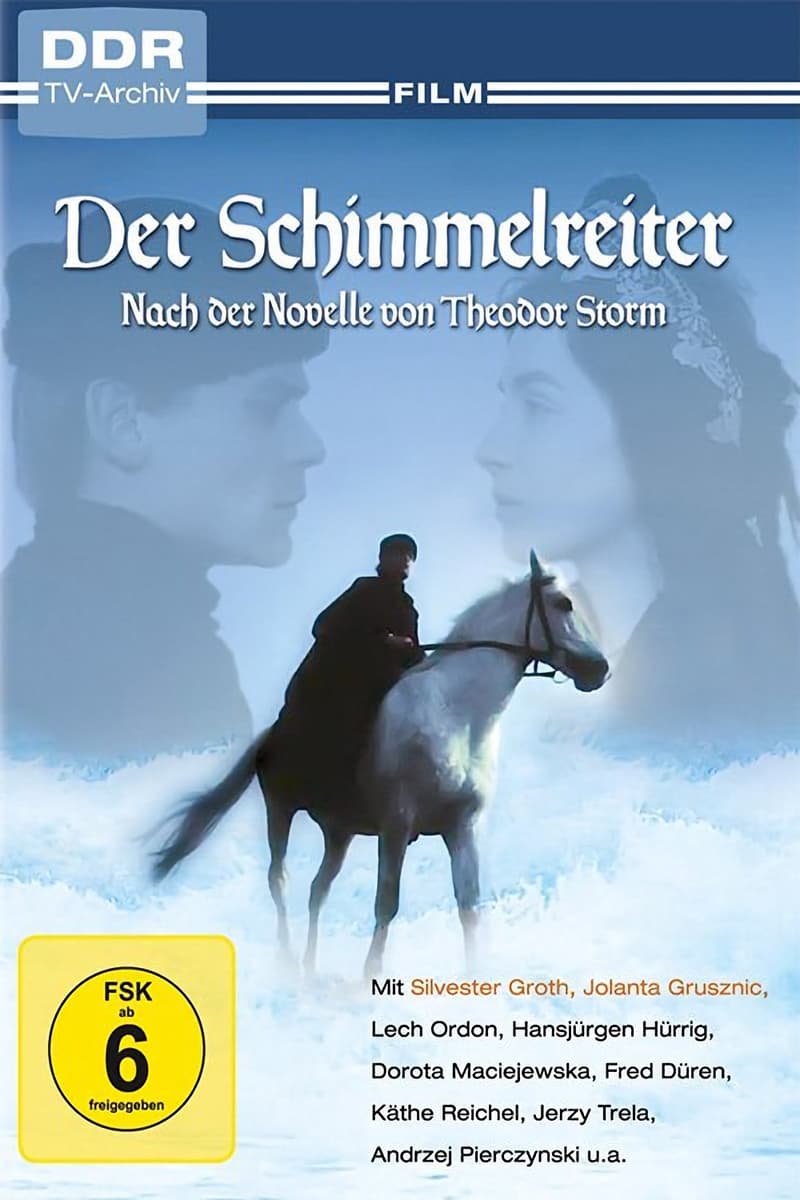
This film, based on a story by Theodor Storm, revolves around the young Hauke Haien, who lives near the sea and improves the safety of the inhabitants with his new ideas for building dykes. However, his new methods and his rejection of conservative traditions, such as the "sacrifice" of a living creature when building a dyke, are not welcomed by the local population, which leads to him meeting with great rejection and ultimately even becoming his undoing.
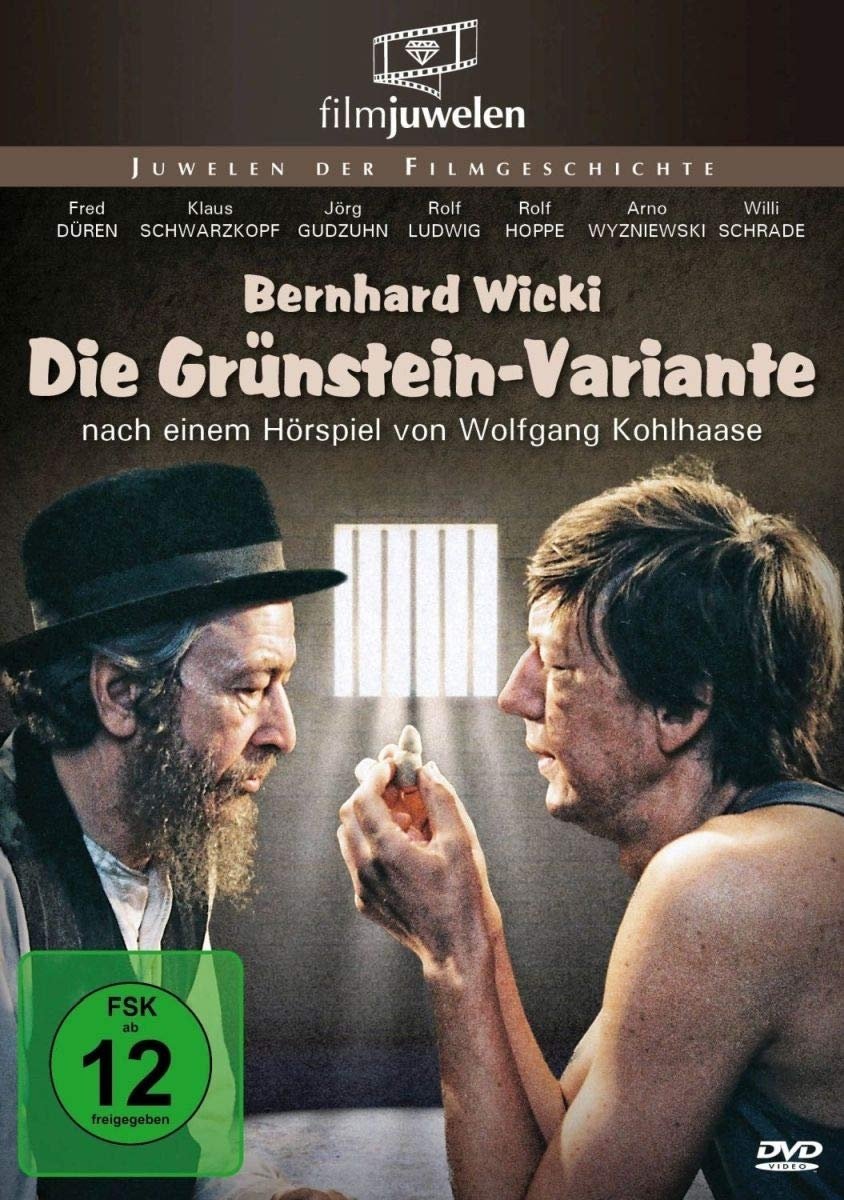
The plot revolves around three men waiting to be deported in a prison. To escape the monotony, they form chess pieces from their bread rations, with which they then play against each other. Grünstein, a Polish Jew, proves to be a real talent, because although he is a beginner, he manages to defeat even the experienced player Lodeck, a German sailor, with his "Grünstein Variant".
By browsing this website, you accept our cookies policy.